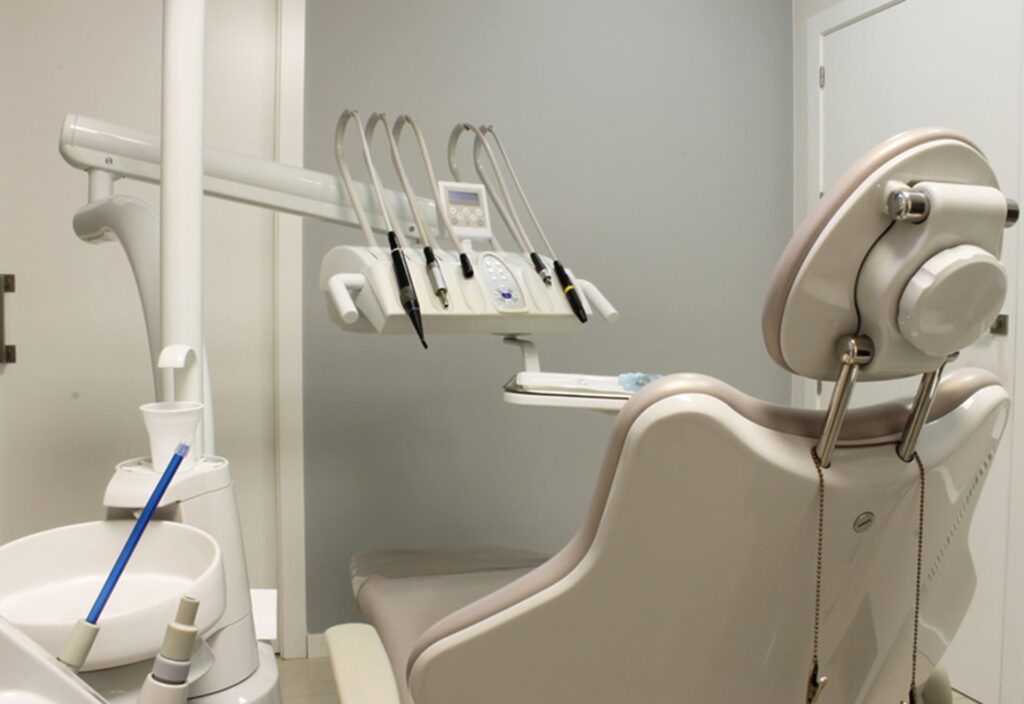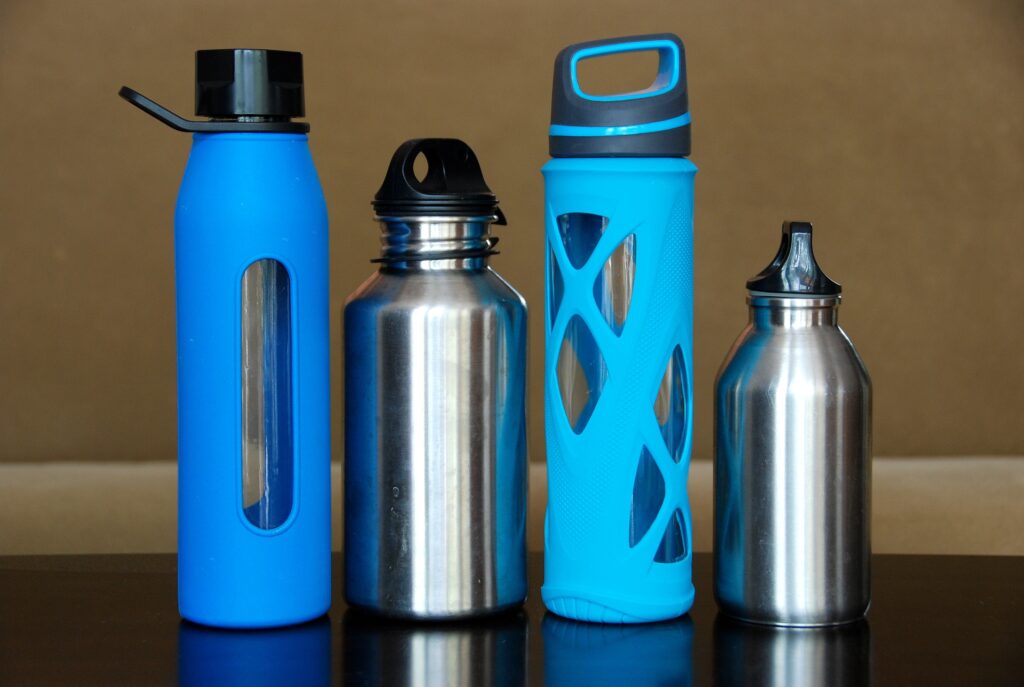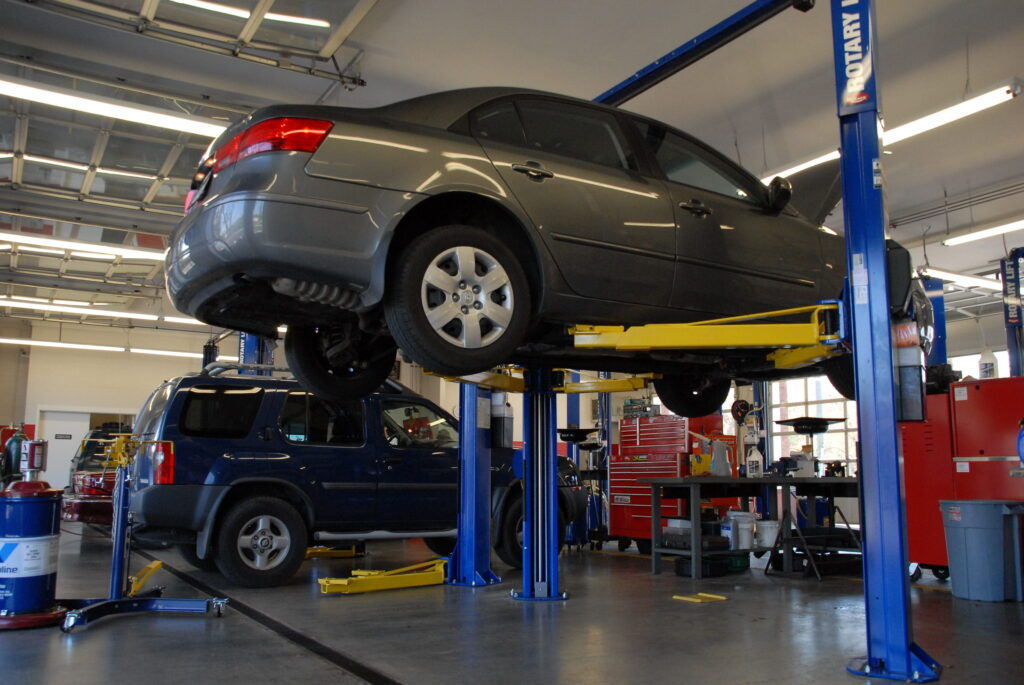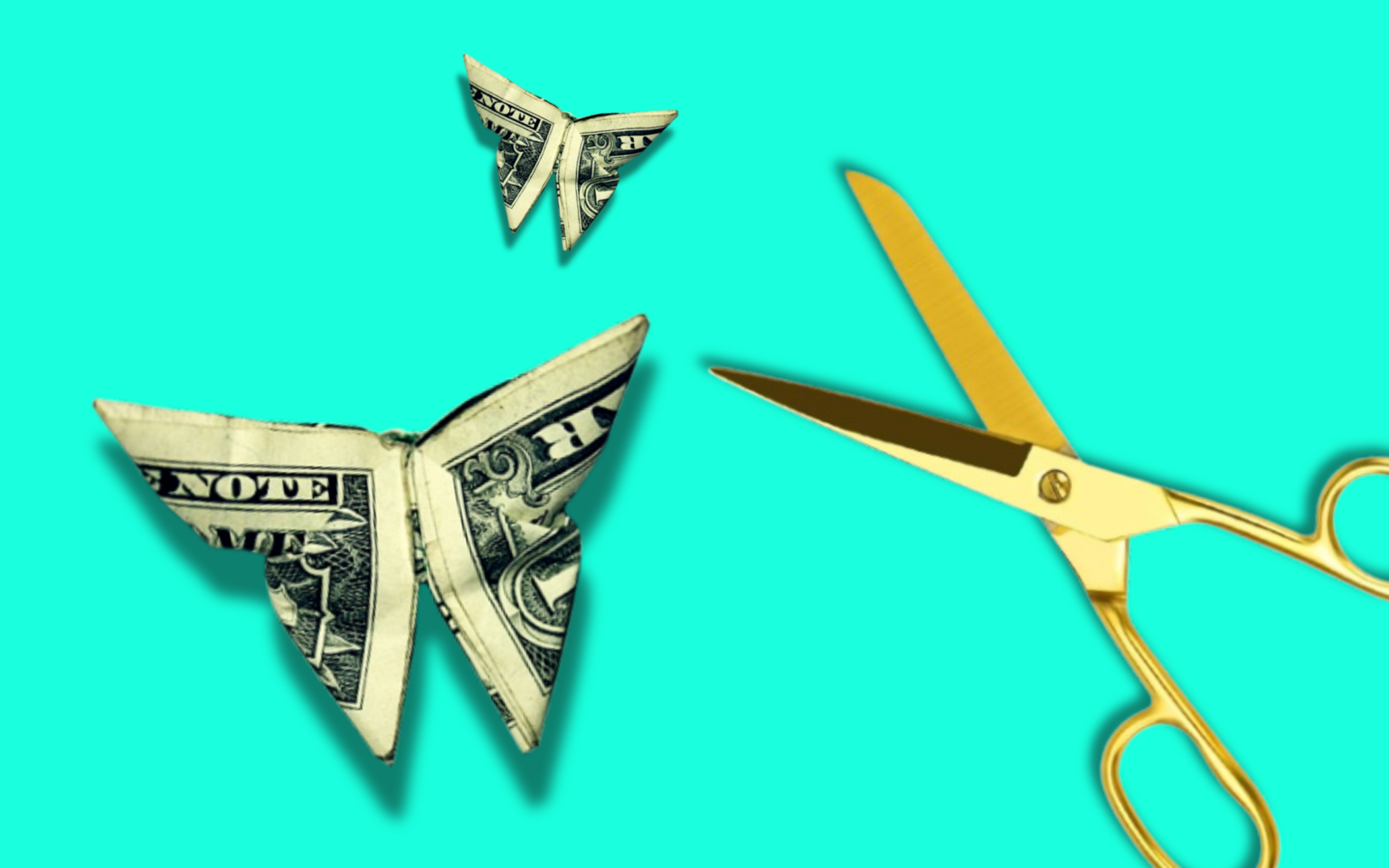If you find yourself still overspending despite efforts to cut back, you’re not alone. Many consumers scale back on discretionary expenses like coffee or hobbies, yet still struggle to stay within budget.
One effective strategy for further savings is identifying areas where small, recurring charges—often overlooked—can be trimmed. These “nickel-and-dime” expenses can accumulate quickly. By addressing them, you may uncover significant opportunities to reduce your monthly spending.
Here’s some areas to keep in mind when tightening the belt.

Paying for Brand Names
Paying for brand names often means you’re paying a premium for the label—but not necessarily the quality.
This is especially noticeable at grocery stores, where brand-name products are often placed at eye level while store brands are positioned lower. Choosing store-brand items, like cereal, can save money without sacrificing much in terms of taste or quality.
Next time you’re shopping, consider reaching for the more affordable alternative—it could be a simple way to trim your spending.
Related: The Rise of Deceptive Pricing Practices by Grocers and Retailers

Weddings
The cost of a typical wedding can vary significantly depending on factors like venue, catering, guest list, and attire. In 2023, the average wedding cost around $35,000, up from $30,000 in 2022.
To keep expenses in check, consider trimming the guest list, simplifying the dress, or opting for a more affordable location. While a destination wedding sounds dreamy, it’s not always within reach for every budget—and that’s perfectly fine.
The key is making your day special on your terms—and on your budget.

Paying for Convenience
Time and money, always the trade off.
Next time you hit the grocery store, compare the price per unit of whole fruit versus pre-cut fruit in plastic containers. You’ll often find that convenience comes at a cost. Sliced apples or cubed melons are usually more expensive because you’re paying for someone else to do the work.
While paying extra for grocery delivery (or DoorDash) can make sense in certain situations—like a busy week or recovery from surgery—it’s important to be aware of how those convenience fees add up over time.

Not Taking Care of Yourself
Nobody likes going to the the dentist, but not taking care of your dental health now can lead to a larger bills downstream.
Showering regularly can not only help you have a healthy social life and ace that job interview, but also help you avoid anything from skin infections to sepsis. Making good hygiene part of your daily routine really can save you a lot of money spent on cleaning up health issues later.

Single Use or Disposable Anything
The average American bought 46.4 gallons of bottled water in 2023. This adds up, with $48 billion having been spent on bottled water in 2023. That’s $148.71 for each American resident per year. It’s much cheaper in the long run to get a good filter for your tap water and refill your reusable drink containers whenever you’re on the go.
The same goes for anything that you might only use once or a few times, like liners for that trash can in your bathroom and disposable razors. There’s usually a version you can either get for free or cheaper, such as plastic grocery bags you can reuse for smaller trash cans or a non-disposable razor that you’ll only have to replace the blades on every so often.

New or Used?
Some things you’re better off new, like a good pair of shoes or a laptop.
With other things, you can get away with saving a few dollars by buying used. Thrift stores usually have a lot of inexpensive used things in good condition, like baby clothes and toys—since they can outgrow their things quickly anyways— pots and pans, vases, and other household trinkets.
Used bookstores are great for exploring new authors without having to pay the cover price for your first book by them. Try garage sales for clothing and household goods.
Want a pet? Animal shelters will usually have their pets up to date on their shots and spayed or neutered, which can save money on initial veterinary expenses.
Related: Private Equity Is Driving Up Veterinary Costs

Neglecting Car Maintenance
How long has it been since you had the auto repair shop look at your tires or change your oil? Neglecting vehicle maintenance can cost you more than you might think between the gas pump, and larger repairs. Tires that have gone flat can hurt your gas mileage. Neglecting your oil level means that moving parts under your hood wear out faster.
You may be able to save money by learning how to put oil in your car or change and/or rotate your own tires. That’s why those auto part shops are popular.
Related: Affordable Used Electric and Hybrid Cars With Good Gas Mileage

Utility Bills
How much do you pay for electricity and water every month? Have you noticed that your utility bills may have crept up for reasons other than increasing rates? If so, that might be a sign of possible inefficiency somewhere in your home.
Common reasons for increased electricity bills include an inefficient heating and cooling system, drafty windows, insufficient insulation, or just forgetting to turn appliances and lights off when you’re done with them. Even opening your refrigerator and freezer more than you have to can cost you money.
If your water bill seems to have significantly increased recently, that might be a sign to have your pipes inspected, including the one leading up to your house. Leaky pipes can increase your water bill and also cause water damage if left unchecked.
Related: Homeowners Miss Up to $22,000 in Home Energy Efficiency Tax Rebates

Subscriptions You Don’t Use
Let’s be real, how much do you actually watch Netflix, Hulu, Disney+, and HBO Max? A lot of people only subscribe to these so they can watch one or two of their favorite shows.
However, there’s only so many times you can binge watch The Mandalorian or Game of Thrones. You can save money by cancelling the subscriptions you actually don’t use much.
Related: Americans Spend Over $1000 a Year on “Subscription Creep”
This article is for informational purposes only and does not constitute financial advice. The views and opinions expressed are those of the author and do not represent recommendations for any specific financial actions. Neither author nor Fiscal Report receive a commission through links in this content.


